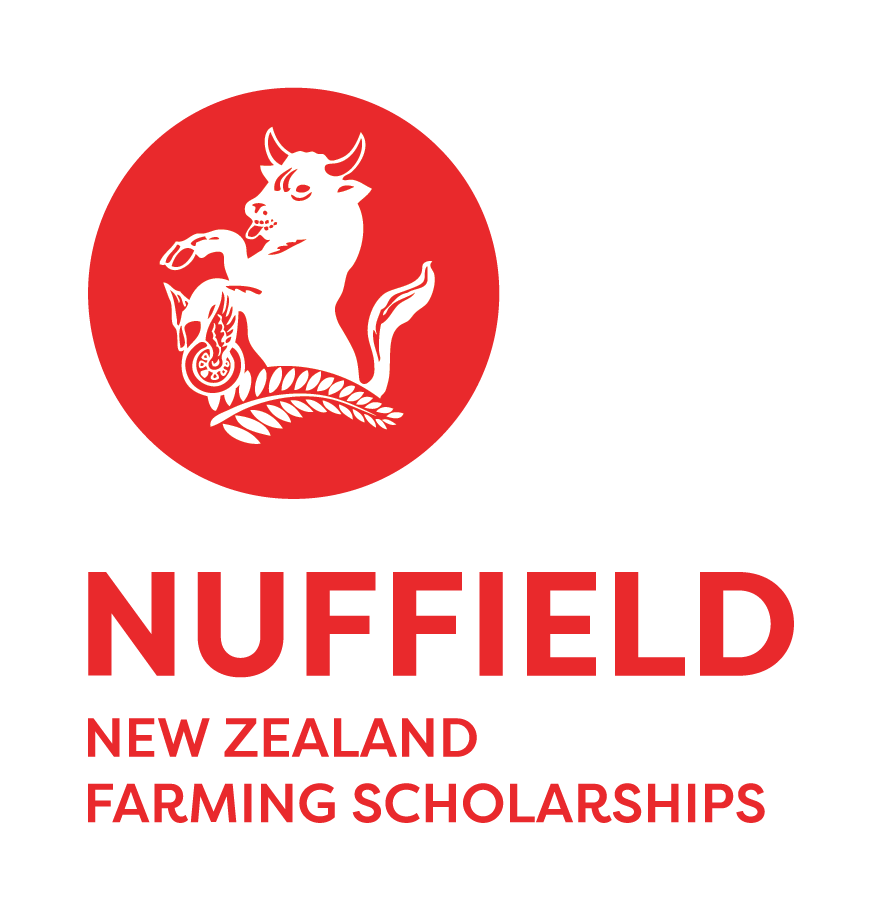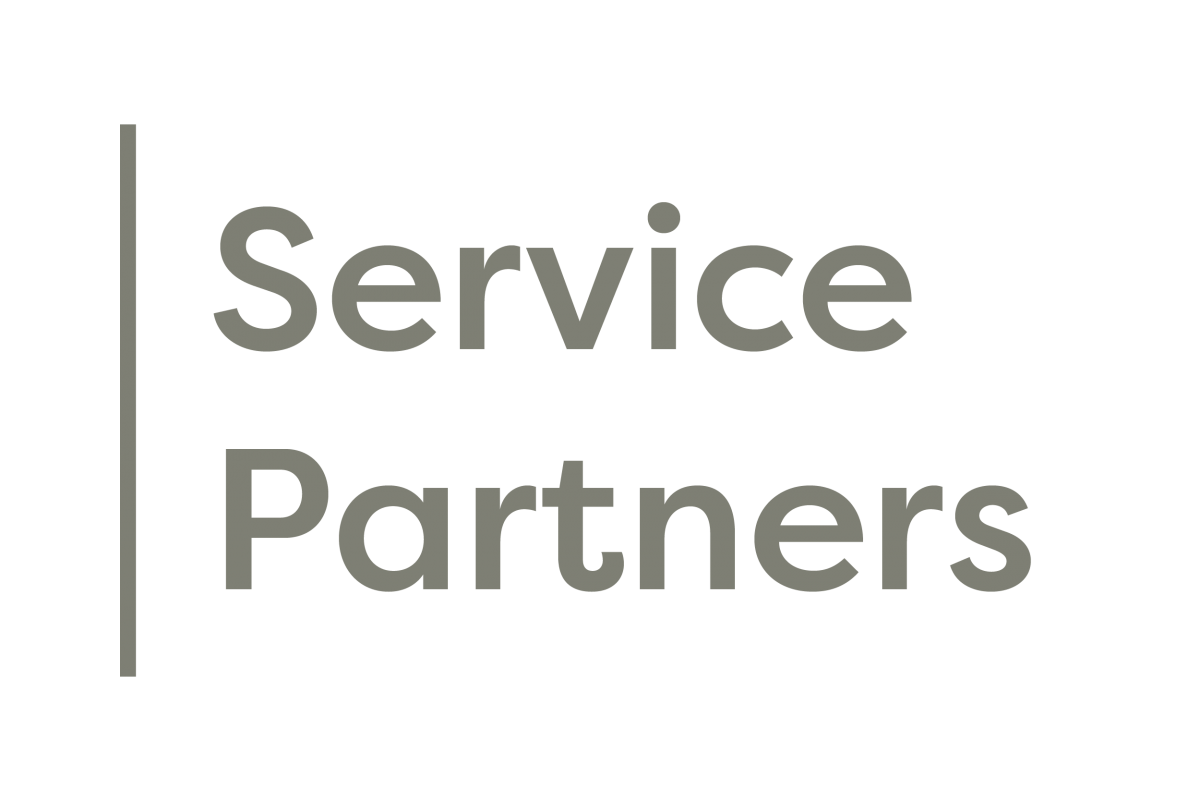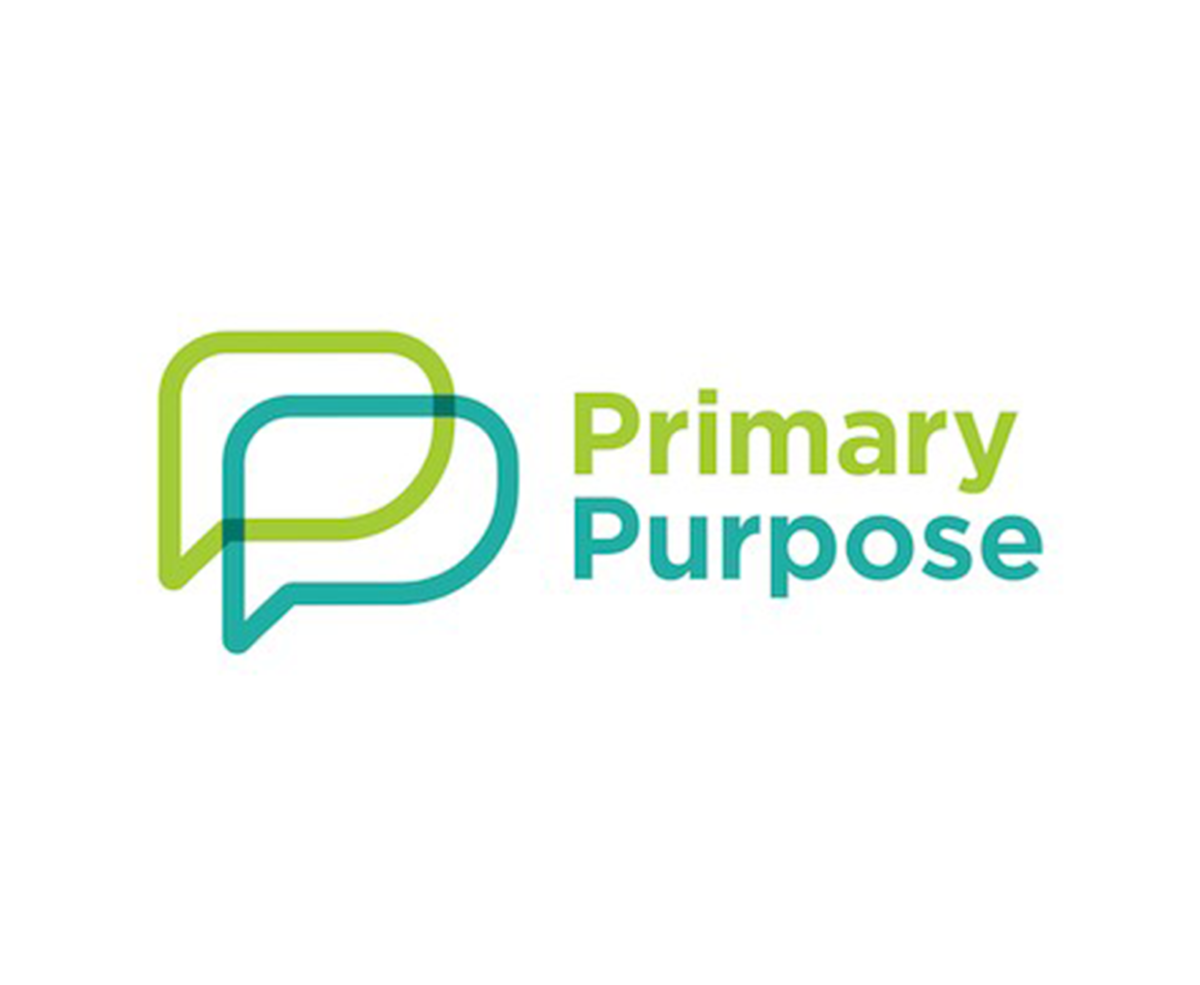Ideas That Grow: Lynsey Stratford, 2021 Nuffield Scholar.
Lynsey Stratford has discovered farmers make a few assumptions that aren’t very helpful – like accepting the fact that work might be dangerous and there’s nothing anyone can do about it. As Lynsey explains, “There are changes we can make, but those assumptions and those mindsets have been deeply held for quite some time.”
As a consultant, Lynsey helps the primary sector with people management and development services and training. And, when it comes to health and safety she says, “We shouldn’t expect people to just know this stuff, but rather teach them and support them as they develop skills.”
Lynsey’s research report unpacks the paradox that while farmers care about their people, farms as workplaces are overrepresented in fatal accident and injury statistics. So, what can be done to improve this?
Bryan Gibson – Editor of Farmer’s Weekly.
I’m Bryan Gibson, editor of Farmer’s Weekly. Today, I’m talking to former lawyer, consultant, and dairy farmer, Lynsey Stratford. How’s it going?
Lynsey Stratford – 2021 Nuffield Scholar, Curio Bay, Southland.
Good thanks. Nice to talk to you.
Digging deeper with a Nuffield Scholarship.
Bryan: What have you been up to?
Lynsey: I’ve been up in Christchurch with Rural Leaders, to celebrate the end of the scholarship programme for the 2020s and the 2021s.
Bryan: Fantastic. As you mentioned you are a recent scholar. What made you choose the Nuffield Scholarship?
Lynsey: To be honest, I applied just after our first COVID lockdown. Like everybody, I’d been thinking about what I enjoy doing during that time – being stuck inside. I love to travel and learn new things. I’ve always looked at the Scholarship and thought that the stories from previous scholars sounded like a great experience and opportunity.
I didn’t really think I’d get a scholarship, but I thought, what the heck, let’s give it a go, and if nothing else it’ll be an interesting experience. I was very surprised and honored to be selected as a scholar for 2021.
Bryan: And what sort of area did you want to study?
Lynsey: I love working with people in the primary sector. I went into the scholarship thinking I would look at health and safety and providing better workplaces for people that are more productive and engaging for better health and wellbeing outcomes.
My project ended up being called ‘Super Humans, Not Superheroes’. It looked at how we do all this fabulous stuff in the sector, but we’re probably asking a bit too much of ourselves. We expect to be superhuman, and our teams too.
With a slightly different approach to structuring work, we could support better outcomes that are more engaging, create better work, more productivity, and still improve the health and safety of our people.
Challenging and changing mindsets toward on-farm workplace safety.
Bryan: Working in the farming world, it’s a relatively dangerous place and it can be somewhat isolating at times. What sort of strategies do people need to try to work into their businesses to make it better for people?
Lynsey: I guess the good thing is most are low, or no-cost, so you can make quite big changes without spending a lot of money. The key to it all is mindset.
What I found was that farmers have some assumptions that aren’t very helpful. We accept the fact that work might be dangerous. We assume there’s nothing we can do about it. And that’s not right. There are changes we can make, but those assumptions and those mindsets have been deeply held for quite some time.
Farmers don’t think they’ll ever get hurt. They think other people might. Generally, we don’t think that we are prone to accidents. So, we don’t really take any steps to manage the risks that there are in our work. We tend to normalise the fact that it is a dangerous occupation and so we don’t try and challenge that by changing how we work.
If you’ve got family or team members who think that way, that’s a good place to start. We need people to help us understand that there are things that we can do to organise work better. So, lots of the time, we’ll be told what to do, but not necessarily the why or the how. And that’s just good team communication.
We shouldn’t expect people to just know this stuff, but rather teach them and support them as they develop skills.
Bryan: I guess an engaged work team is probably going to not only be more productive, but also be happier and safer, would you expect?
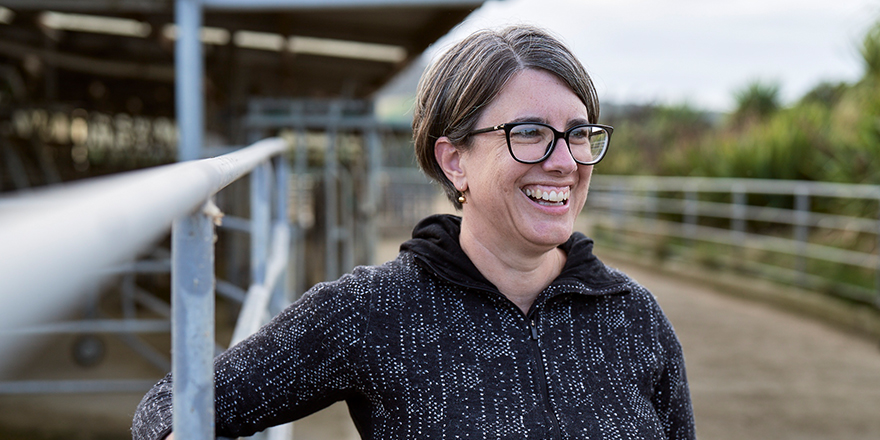
An engaged farm team means thriving workplaces and better outputs.
Lynsey: Absolutely. There’s some shocking statistics from Gallup, who looked at engagement across the world. For New Zealand, only 20% of our workforce, and this is across all sectors, is fully engaged. If you’ve got a team of five people, that’s only one giving everything they’ve got.
So, yeah, if we can tap into engagement, it’s better for people. They feel like they’ve got some control and they’re growing – they like to be there. So, if you’re an employer, those people will go that extra mile for you because they want to be at work and they feel passionate about it.
And engagement is, if they feel you care about them, that they’ve got some control over how they themselves can organise their work. That they’re growing and developing – those are all things that we can improve if we start to think differently about how we organise work.
Bryan: I guess what you’ve just been talking about feeds into the ‘why’ you’re there. If there’s a bigger goal that everyone is working towards, then that can help, can’t it?
Lynsey: I guess that’s where we’ve gone a bit wrong. In the past we’ve focused on compliance, but we haven’t seen these wider benefits of good work. And there’s some interesting stuff that’s been done by the Business Leaders’ Health & Safety Forum by Hillary Bennett. It said that if you improve how you set up work, train people, you’ve got good processes, so they understand their role, and their responsibility, and how to change how work gets done – if you do all those things well, you improve mental health as well.
So, that’s another component of this, that we’re looking at wellbeing as well as physical health and safety.
Bryan: People who are engaged, feeling good about themselves are probably going to produce better work and be safer when they do it, aren’t they?
Lynsey: Yeah. And be on the thriving end of the spectrum of mental health, instead of the just surviving space – or not surviving at all. So, that’s what we want. We want good work that sets us up for thriving people and great farming.
Bryan: So, you’ve just finished then?
A different kind of Nuffield Scholarship experience.
Lynsey: Yes. We had an experience that was interrupted somewhat by COVID. So, it’s been a very weird scholarship experience because it’s kind of backwards. Usually, you do your international travel, and then you produce your report. Ours will be the other way around. But I think our experience, although different, has been just as good.
What we did was travel as a cohort. So, the 2021 scholars linking in with the 2020 scholars. We traveled through New Zealand, from Northland right down to where I farm in Curio Bay, Southland. We did the length and breadth of New Zealand together.
Then we did our research independently, but with as much as we could face-to-face. A lot of it had to be remote via Zoom. So, now I get to go and do my international travel through August, September, and October.
Bryan: You might want a rewrite afterwards!
Lynsey: I think that’s the aim. We kind of validate what we’ve seen, and if there’s anything we need to change, we’ll revisit.
Bryan: And that’s exciting. I mean, the travel component is a big part of the scholarship. Where are you off to?
Lynsey: My group goes to Japan, Belgium, Ireland, and California.
Bryan: Well, that’s an exciting thing to look forward to.
Lynsey: Yeah, it is. It’ll be a Northern Hemisphere trip in the summer. So, that’s also quite exciting now, as we sit here in Invercargill.
Bryan: When you’re not knocking out your report as part of your Nuffield Programme, what does life look like for you?
Lynsey: I’ve been married to a Kiwi dairy farmer for nearly 20 years now. Being on farm with him was a big part of life until recently. We sold our farm effective 1st of June. Now, we’re kind of redefining where we go and what we do, but I’m also a mum, which is very important to me.
I’ve got two children that I like to focus on. I like to try and support them with school things and support our local community too. And then I also have a small consulting business that helps primary sector businesses – but all sorts of businesses manage their people.
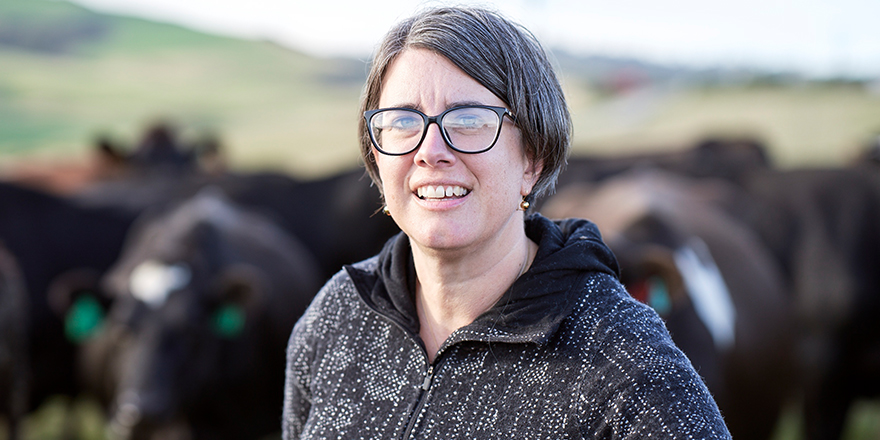
From cows to consulting – a farmer advising farmers.
Bryan: What sort of consulting or advice do you offer businesses?
Lynsey: So it’s interesting because I started out as an employment lawyer in the UK. There I was focused on compliance and getting agreements, policies, procedures and following all the legal requirements.
I still do all those things, but I’m much more focused on trying to improve work setup so that we’ve got engaged teams, great communication, good processes. We’re training people and developing them, making sure that the behavior we’ve in the workplace is setting up a great culture that engages people. So, I’ve moved away from just focusing on the compliance.
Bryan: I think that’s a move the agricultural and horticultural industries in New Zealand need to complete still. A lot of the reaction I get at the newspaper to health and safety reform, or regulation is that it’s just a hassle, a box-ticking exercise, whereas if you do change that mindset into creating a space where everyone can thrive, then that’s when the goal is going to be reached.
Lynsey: That’s one of the things I concluded in my research. It has been sold to us as a compliance exercise – but it takes a lot of resource to change mindsets. It’s not that easy. And so, the easier thing to do is to set us up for compliance, make sure we’ve got the plans in place. But if we really want to make change, it’s that mindset that we need to focus on. We need resources to do that.
We need great people connecting farmers with good information that helps them understand the opportunity and ‘the why’ for them, whatever it is. That then supports them to develop the skills they need. And it’s not something that we can nail in one workshop or one interaction. The resourcing really needs to be there, and it needs to be long term. We’re talking about generational change if we want to change mindsets.
I guess I’ll just give a shout out to Ben McLachlan. He’s a 2020 scholar and his report is about mindsets that help us change. He’s looking at the growth mindset, which I found was critical to getting great workplaces.
A workplace where we’ve got a growth mindset is one where we understand that people can develop new ways of thinking and new skills if we give them the opportunity and the right support. I was stoked when I saw his work, as it aligns nicely with mine as well.
Bryan: That leads into my next question about the community that being part of the Rural Leaders team builds among those who are working through the same cohort?
Lynsey: We were lucky. Talking to previous scholars, they have often got their scholarship, briefly met the New Zealand cohort, then gone overseas and developed relationships internationally – but not quite as tight a relationship with the New Zealand scholars.
I think we’ve been lucky that we got that chance to spend time together, because of COVID. It’s the silver lining. It’s been amazing to see the projects that the scholars came up with across those two cohorts. Some of the best opportunities were the discussions that we had in the van as we toured New Zealand visiting leading businesses. Thanks to all those scholars who talked to me and shared their views.
Bryan: Excellent. So, the programme is something that you’d recommend to other people?
Lynsey: Absolutely. It’s not easy. To do anything like this where you are basically challenging things that you thought or your beliefs in how the world works, that has been a challenge. But it’s been a unique opportunity too. I just can’t think where you’d get the chances that we got to visit all these amazing businesses.
We went to certain Rocket and Aerospace businesses. I didn’t even know we had these kinds of businesses in New Zealand. If you want to stretch your assumptions and learn some new things and meet some awesome people, I thoroughly recommend it.
Bryan: Thanks for listening to Ideas That Grow, a Rural Leaders podcast. This podcast was presented by Farmers Weekly. For more information on Rural Leaders, the Nuffield New Zealand farming scholarships, or the Kellogg Rural Leadership Programme, please visit ruralleaders.co.nz.
The future of food and fibre is in the hands of our bold and our grounded people – those who give back to their communities and industries.
Sound like you?
